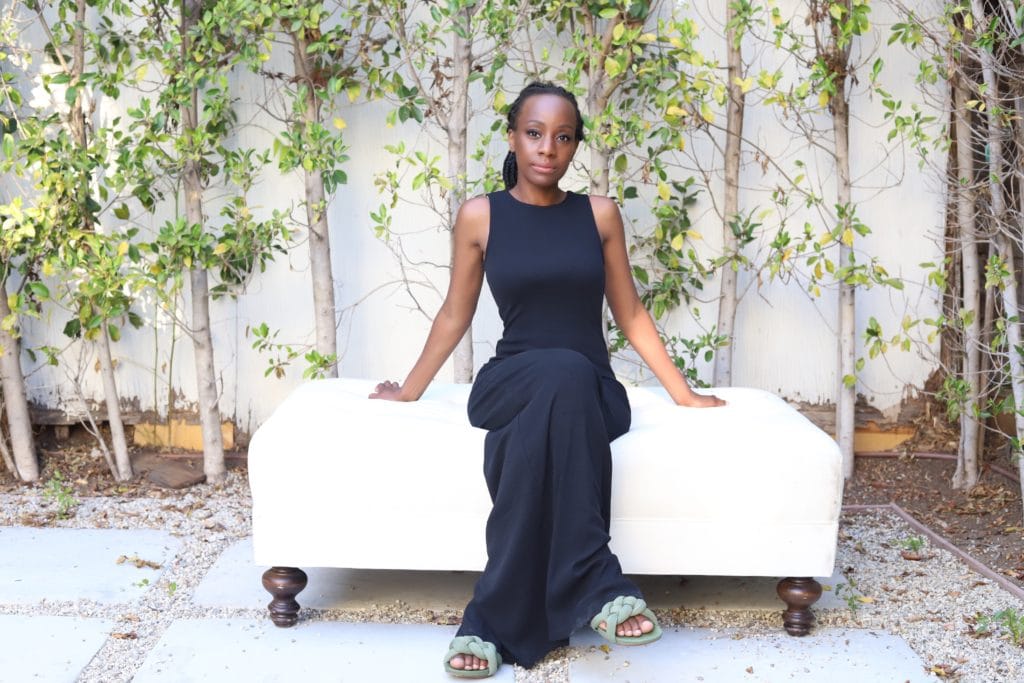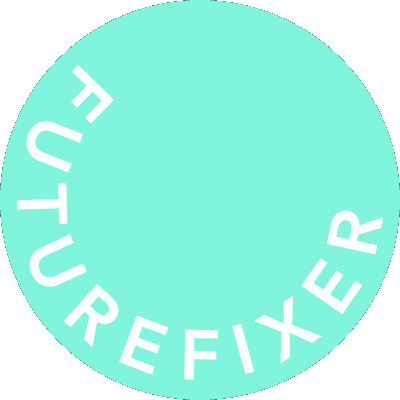
“If we don’t know what we’re saying to each other how can we move forward on a shared path?”
Samata Pattinson is a British-born Ghanaian entrepreneur, whose head, heart and hands are busy at the intersection of business and design in an industry in need of urgent transformation. The fashion sector is becoming as famous for its harms to people and planet as for its glitz and glamour. But the conversation – and behaviour – is beginning to shift, and Samata is championing that change.
From her first fashion steps as PR director for a London boutique, Samata went on to win the 2011 young designer contest of Red Carpet Green Dress, Suzy Amis Cameron‘s red carpet sustainable design initiative. Being immersed in questions about who grows, dyes and makes our clothes led her on a journey that today finds her as the organisation’s CEO. She is also an author, broadcaster and lecturer, and is leading conversations about how fashion can become a more positive force across value chains, from local communities and craftspeople to global brands and businesses. “Sustainability is so intrinsically linked to the future. It’s about creating a reality today that doesn’t hinder our future generations from creating the reality that they want.”

Meet the FutureFixer: Samata styles a discussion on the power of language, the importance of place and the liberation of less.
Fixing the future of fashion means working to ensure that 15 years from now we are not facing the same problems of today; that we haven’t compounded and exasperated present problems, but rather have found a pathway to a more sustainable future.
Representing this beautiful planet properly means having truly diverse conversations, in spaces that include different ethnicities, races, ages, sizes and body abilities, so that we can speak to a wider audience in society as a whole.
We need to lay the groundwork now for cultural appreciation, compensation and protection, so that the future cannot exploit them.

Red Carpet Green Dress CEO Samata Pattinson, and founder, Suzy Amis Cameron
I do what I do, because I really believe that the decisions we make have an impact. I want everyone to see that they are part of this conversation.
We wear clothes every single day, so we are all part of this dialogue around a more sustainable fashion industry. Yet so many people don’t see themselves ‘in’ fashion – so I want to create excitement and interest for people to learn more and make decisions safely in the knowledge that they can have impact.
I love working with design colleges and people learning about sustainability – being part of that first lightbulb moment. I feel very proud about creating the kinds of mental associations when people start to say, “Hang on this makes sense to me! Maybe I didn’t know it or understand the language before, but this speaks to me.”
LISTEN ► Samata in conversation with filmmaker, Mia Asante on the Do your thing podcast:
I am most excited about the growing shift in conversation around cultural sustainability. I’ve been thinking about and talking about this for a long time.
I’m really glad that more people are becoming aware that your location has an impact on how you view sustainability. It’s time to recognise the contributions that different cultures around the globe have made to pioneering sustainability and sustainable innovation.
I’m present in the local and the global: locally, for example, by working with artisans, community or design colleges and joining Town Hall conversations to hear from people how sustainability affects them; globally by being present in rooms where decisions are made or where global conversations that shape the future of the fashion industry are taking place.
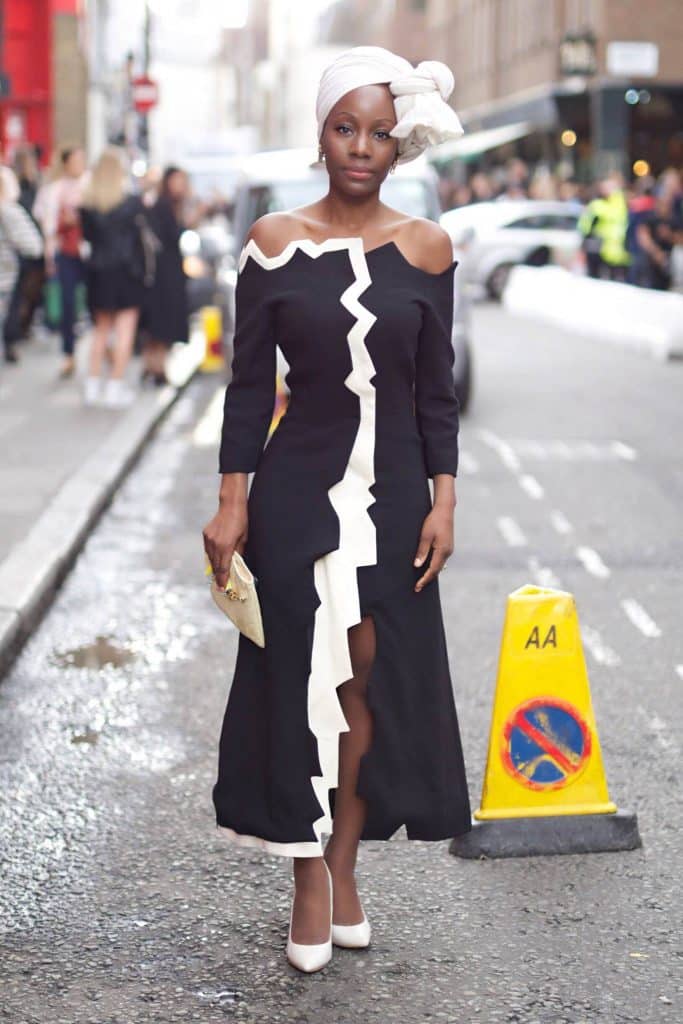
The pandemic has shown us the vulnerability of our human community, and how callous the fashion industry can be: we saw how many manufacturers refused to pay for orders, for stock or for a furlough for workers.
The BIPOC community experienced two pandemics: COVID and racism. We saw things we must never repeat – but it has created an opportunity to shift to more respectful load sharing relationships across the value cycle.
It’s time that brands not only demand more sustainable solutions, but pay for that service: pay local farmers to protect their natural habitat, pay for them to harvest and conserve those ecosystems. Sharing costs and knowledge for greater good goes far beyond the bottom line and could be a crucial measure of progress.
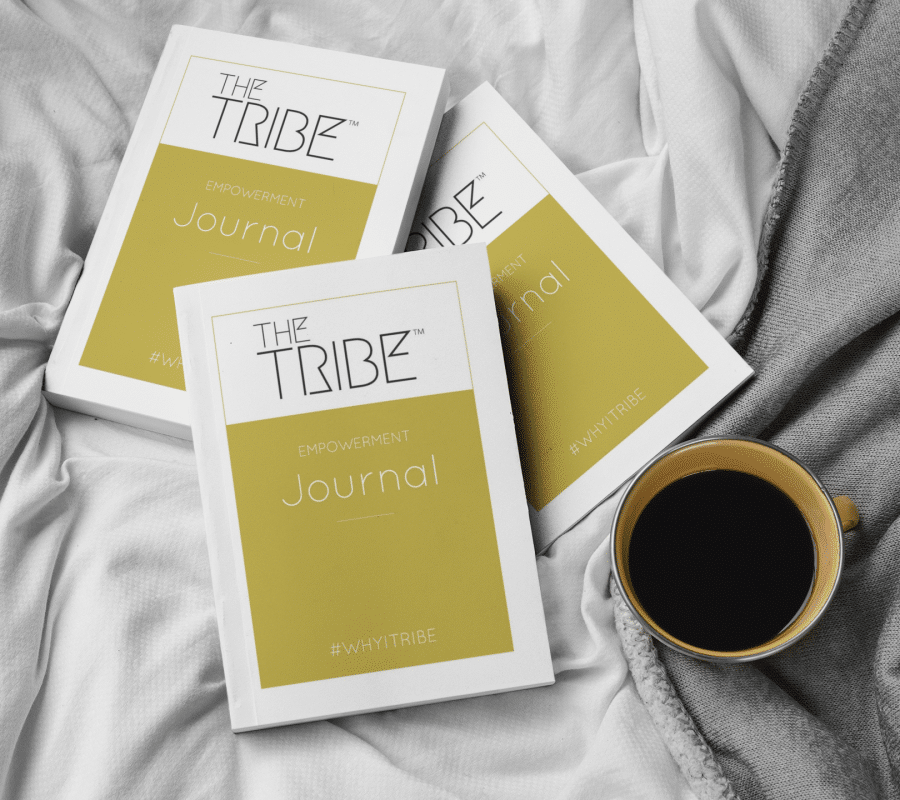
The Tribe’s women empowerment journal from Samata’s The Tribe collective
Language is an extremely powerful tool to include more people in sustainable fashion. bell hooks says if “I do not speak in a language that can be understood there is little chance for a dialogue”.
Isn’t conversation – the words used and the tone – how you know, as a person belonging to a certain community, that you are invited into a space?
Sustainability needs demystifying! Language can be used to connect to knowledge, democratise through education and draw lines around the behaviour that we will and will not tolerate as an industry.

We underestimate the impact that having so much stuff has on our peace of mind. Accumulating things can make us often feel like we never have enough.
A future of less will be a lot more liberating. When people can say “I have all that I need with these few things”, it creates space for creativity and the imagination.
Less makes you recognise what you can make. It brings out the prosumer in each and everyone of us, that person who consumes what they produce: the knitter, handyman or chef!
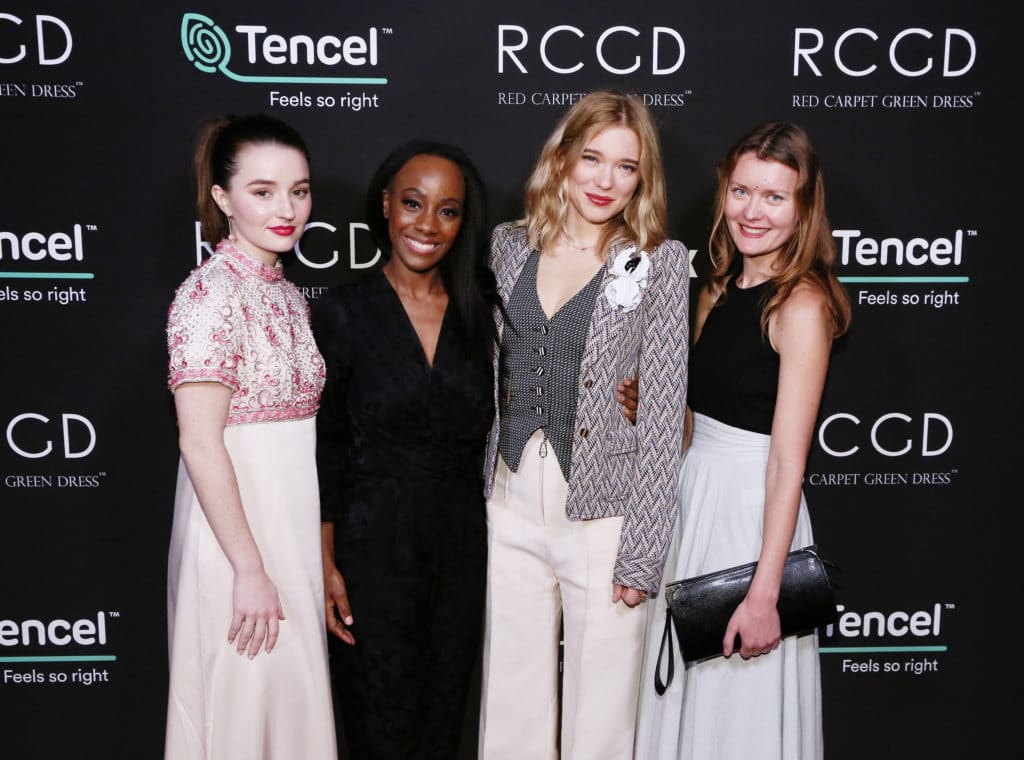
(L-R) Kaitlyn Dever, RCGD CEO Samata, Léa Seydoux and Elena Andreicheva attend Red Carpet Green Dress at the Private Residence of Jonas Tahlin, CEO of Absolut Elyx (2006) | Photo by Gabriel Olsen/Getty Images for Absolut Elyx
At Red Carpet Green Dress, from our textile solutions to educational platforms, we focus on sharing learnings. We collaborate from micro to macro level, caring about the minutiae such as the wording used to describe a sustainability innovation through standing alongside organisations fighting for industry-wide change such as AWAJ Foundation or The Fifth Pillar.
Mentorship is amazing. I want to make sure that designers based in Africa get that support – not just have manufacturing springing up all over the place that they can’t access themselves. That’s why I think the work that Lagos Fashion Week is doing is so amazing.
If I could have any FuturePower, it would be… to be able to speak every language on the planet, because so much is lost in translation. It would be so brilliant to be able to drop into really refreshing and insightful conversations.
AtlasAction ► Learn more about Red Carpet Green Dress and their actions and innovations for sustainable fashion futures. Meet Samata at Fixing the Future Festival. Samata Pattinson was in conversation with Cathy Runciman, co-founder of Atlas of the Future.
